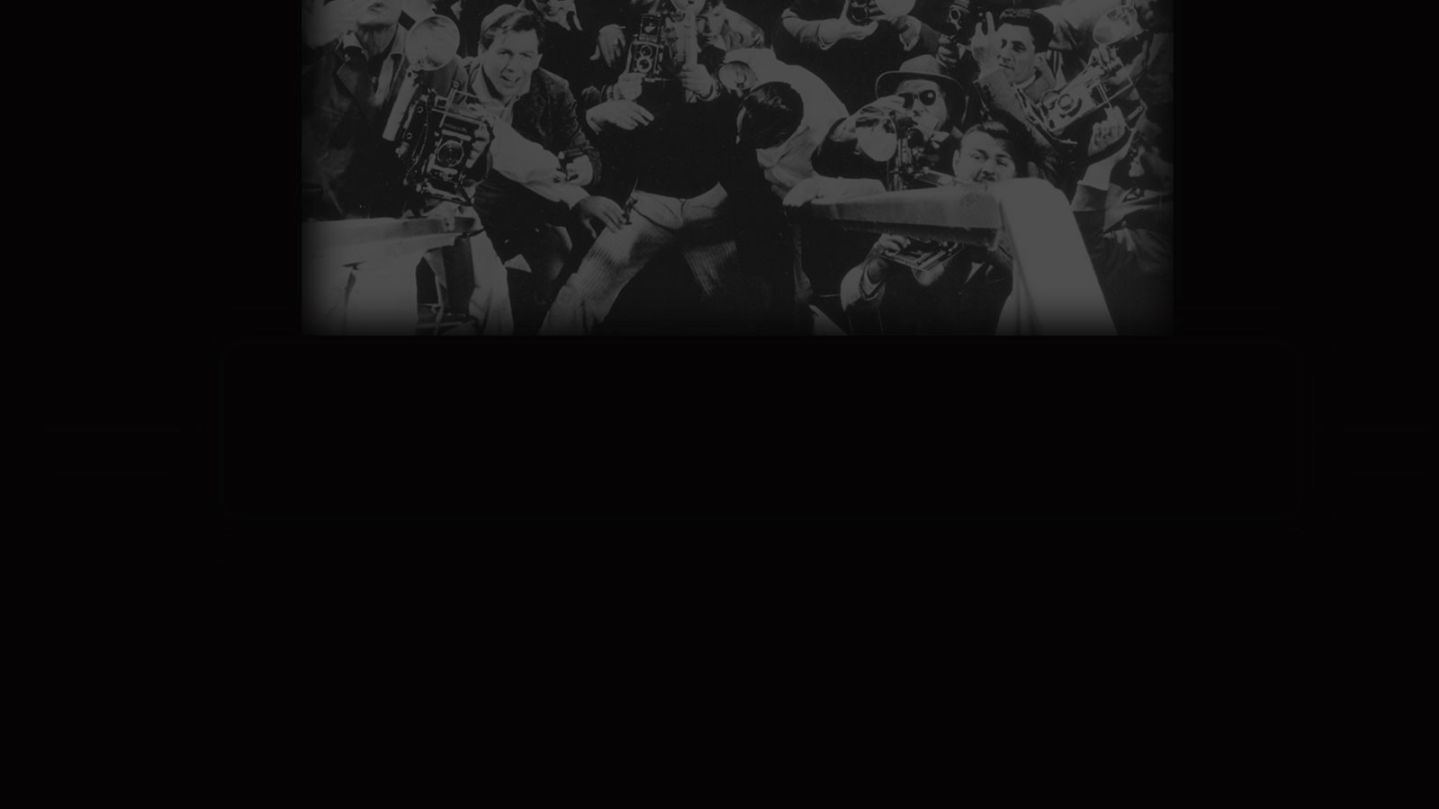
Oh, to be young and carefree in the '70s. Photographer Bill Yates spent the better part of a year documenting the weekend escapades of young skaters at a roller rink in suburban Tampa, Florida. His images, recently displayed in public for the first time, are collected in a new book, "Sweetheart Roller Skating Rink," by Fall Line Press. "It's a real slice of time," Yates said.

Yates was driving around central Florida looking for something to photograph when he stumbled upon the rustic Sweetheart rink in September 1972. "Something told me to hang around and shoot," he said. "I went back the next weekend. And I just kept going back."

The rink came alive every Friday and Saturday night with kids of all ages. They viewed Yates with curiosity and suspicion at first, so he returned the next weekend with proof sheets of his images and stapled them to the walls. From then on the kids trusted him. Some, like this preening teen, eagerly posed for his camera (yes, that's a bottle of peppermint schnapps in his jeans).

The rink was a crude, one-room wooden building where kids skated, danced to live music or just hung out away from their parents. Outside the rink, teens gathered in the parking lot to sneak alcohol or make out in cars.

Many of Yates' photos suggest a story. Take this one, for example: While a couple dances in the foreground, the young woman in white glares disapprovingly.

"They were great kids," Yates said. "I was not trying to make them look bad. I was just photographing them as they were."

Yates shot all his pictures with a medium format, twin-lens camera. Because he worked at night and the rink was so dimly lit, he used flash for all of them. It made his subjects appear a little like performers on a stage.

"The skaters became like actors -- parading their bodies, confronting one another, competing for an audience: the camera," Yates wrote in the book. "Though the skaters may not have thought of themselves on a stage, they were no less explicit and physical in their stagecraft."

Yates' young subjects were from a mostly rural Florida that was almost pre-Disney, filled with orange groves and roadside bars. But he likely could have found them in Arizona, or Oregon, or Vermont. "It's a microcosm of small-town America," he said of the images. "Those kids could be anywhere."

Viewers of a certain age who have seen Yates' roller rink photos often tell him, "I knew a place just like this, and people who looked like this and acted like this."

Over time some teens seemed to forget Yates was there, allowing him to capture unguarded moments. "I soon became wallpaper," he wrote in the book. "I was there, but I wasn't -- just snapping the shutter."

Yates shot more than 700 images over seven months before leaving Florida to attend graduate school in Rhode Island. The negatives languished in a box for almost 40 years before he unpacked them and decided to share them with the public. "I always thought there was some power in these images," he said. "But I got real busy with life."

The Sweetheart rink burned down in the late 1970s and was never rebuilt. But Yates' photos endure as a snapshot of early-'70s America -- a transitional time between the cultural upheavals of the late '60s and the flashy excesses of the disco era to come.

In 2014, photography blogs and other outlets began publishing Yates' Sweetheart photos online, where audiences were fascinated by their time-capsule quality. The images were displayed in 2015 at the Ogden Museum of Southern Art in New Orleans. Curator Richard McCabe called them "a glimpse into a bygone era of youthful innocence and mischief."

"Revisiting this visual time capsule ... so much has come back to me, especially how emotionally dynamic the rink scene was with all the young people," Yates wrote in the book. "Yes, 'the times, they were-a-changin' back then. ... These kids were in the thick of it."

"As I recall, the kids and their families were working-class folks for sure, some maybe even dirt poor, but that made no difference at Sweetheart -- all were welcome," Yates wrote. "They were there to skate, dance, have fun, do crazy things that kids do, and grow up. Kids were kids then, and today's kids are no different. They're just facing a life that is thrust at them so much faster, at light speed."




